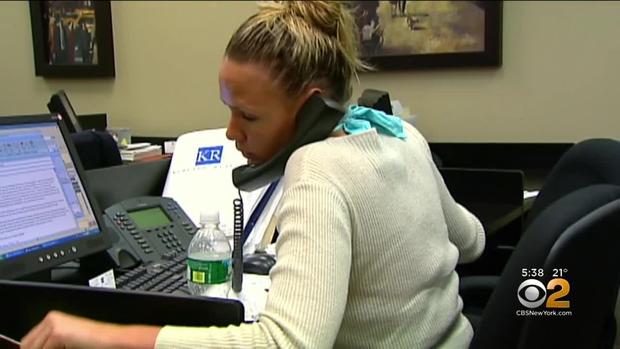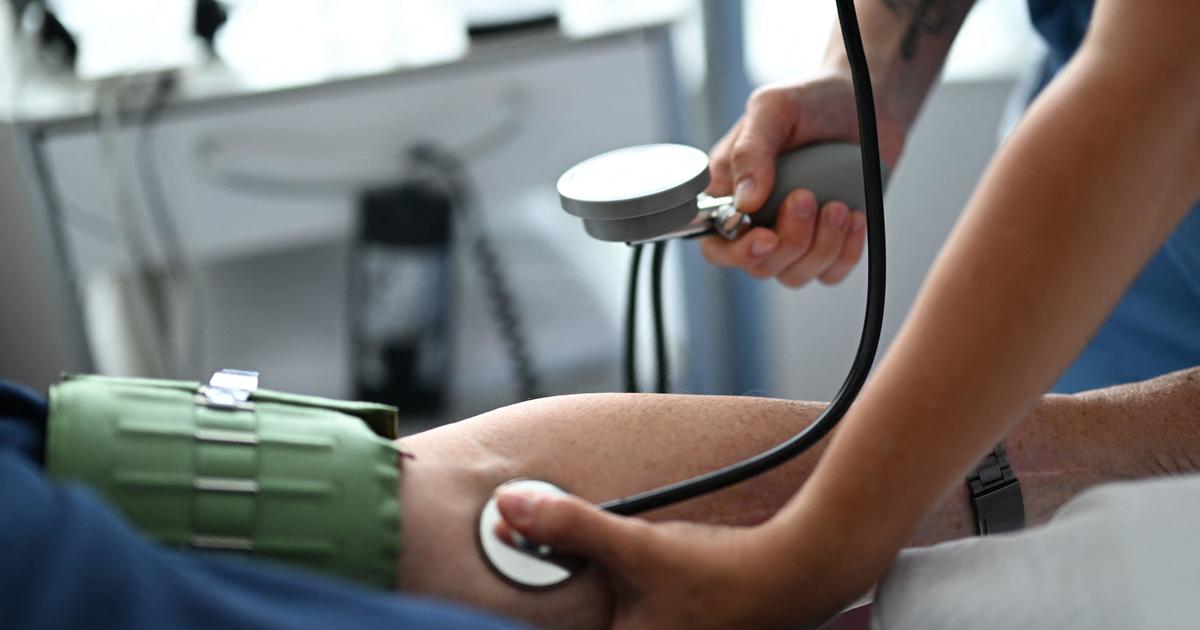New Study Suggests Rigorous Exercise Not Necessarily Needed To Combat Effects Of Sitting For Hours
NEW YORK (CBSNewYork) -- There is some surprisingly good news for couch potatoes.
Specifically, it's about how much exercise you need to do to counteract the downside of a sedentary lifestyle.
As CBS2's Dr. Max Gomez reported Wednesday, there's a new study that suggests that exercise may not be needed at all.
We've known for a long time that not moving is really bad for your heart, and your blood sugar, blood pressure, even increases your risk. In fact, some people say sitting is the new smoking.
So how much do you have to move to improve your health?
Maybe less than you think.
MORE: Health Watch: Super Fish Oil May Cut Risk Of Heart Disease And Stroke
Ah, life in the city, being stuck in traffic. Or maybe riding the subway. Then you get to work and hardly leave your desk. And when you do get home, you park on the couch in front of the television. What do all these things have in common? Sitting. And that's bad for your health.
"It causes problems with how we handle our blood sugar, so it increases your risk of diabetes. It increases your blood pressure, so it increases your risk for things like hypertension and that can lead to things like heart disease, cancer and early death," said Dr. Keith Diaz or Columbia University Irving Medical Center.
Constance Halporn knows all about those health risks, but like so many of us her work has her stuck at a computer most of the day.
"I'm pretty much sedentary all day at the office," Halporn said, adding when asked how much of her time she spends sitting at work, "Easily six hours."
MORE: Regular Exercise Can Take Away "Years Of Damage" From Laziness And Doing Nothing, Study Says
Most people think that to counteract the downsides of all that sitting you need to hit the gym, work the treadmill, break a sweat, really work out.
Not necessarily.
"It's not true. We can just do simple one-minute bouts and that's enough to counteract, because you are activating your muscles," Diaz said. "So one-minute bouts, if you do enough of them, would be enough to lower your risks, as long as you accrue 30 minutes or more."
Diaz said that's the surprising result of his study of 8,000 middle-aged-and-older adults in the American Journal of Epidemiology.
"If you replace 30 minutes of siting time with 30 minutes of really intense activity you can lower your risk by 35 percent," Diaz said.
Light movement could be as simple as a casual stroll down the hall, and the 30 minutes can be done a minute or two at a time as long as it adds up to 30 minutes. It makes Halporn feel better.
"I feel much sharper. I feel less stiff," she said.
To be clear, more is better, both in quantity and intensity. But the study shows that while exercise is best, any movement helps. If you can't get to the gym, get off the bus or the subway a stop early and walk. If you drive, park at the far end of the lot at the mall.
It all adds up.




